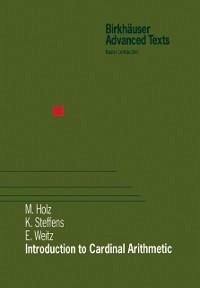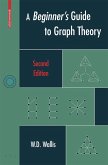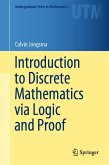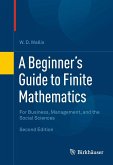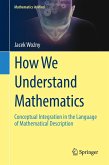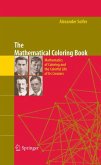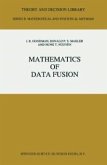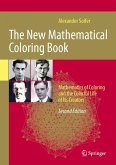This book is an introduction to modern cardinal arithmetic, developed in the frame of the axioms of Zermelo-Fraenkel set theory together with the axiom of choice. It splits into three parts. Part one, which is contained in Chapter 1, describes the classical cardinal arithmetic due to Bernstein, Cantor, Hausdorff, Konig, and Tarski. The results were found in the years between 1870 and 1930. Part two, which is Chapter 2, characterizes the development of cardinal arith metic in the seventies, which was led by Galvin, Hajnal, and Silver. The third part, contained in Chapters 3 to 9, presents the fundamental investigations in pcf-theory which has been developed by S. Shelah to answer the questions left open in the seventies. All theorems presented in Chapter 3 and Chapters 5 to 9 are due to Shelah, unless otherwise stated. We are greatly indebted to all those set theorists whose work we have tried to expound. Concerning the literature we owe very much to S. Shelah's book [Sh5] and to the article by M. R. Burke and M. Magidor [BM] which also initiated our students' interest for Shelah's pcf-theory.
Dieser Download kann aus rechtlichen Gründen nur mit Rechnungsadresse in A, B, BG, CY, CZ, D, DK, EW, E, FIN, F, GR, HR, H, IRL, I, LT, L, LR, M, NL, PL, P, R, S, SLO, SK ausgeliefert werden.
From reviews:
"The authors aim their text at beginners in set theory. They start literally from the axioms and prove everything they need. The result is an extremely useful text and reference book which is also very pleasant to read." - The Bulletin of Symbolic Logic
"The book should be required reading for every advanced graduate student of set theory. Several courses at various levels could be based on the earlier chapters. There is a useful set of exercises at the end of most sections in the first four chapters." - Mathematical Reviews
"The book under review, while truly an introduction to the beautiful subject of cardinal arithmetic ... . the reader should really want to become a set theorist himself, if he's to go any real distance with this book. But there are lots of exercises (that look pretty sporty to me), and the authors have taken great pains to prove everything very carefully and thoroughly. It's obviously a fine source for those inclined to go this route." (Michael Berg, The Mathematical Association of America, April, 2010)
"The authors aim their text at beginners in set theory. They start literally from the axioms and prove everything they need. The result is an extremely useful text and reference book which is also very pleasant to read." - The Bulletin of Symbolic Logic
"The book should be required reading for every advanced graduate student of set theory. Several courses at various levels could be based on the earlier chapters. There is a useful set of exercises at the end of most sections in the first four chapters." - Mathematical Reviews
"The book under review, while truly an introduction to the beautiful subject of cardinal arithmetic ... . the reader should really want to become a set theorist himself, if he's to go any real distance with this book. But there are lots of exercises (that look pretty sporty to me), and the authors have taken great pains to prove everything very carefully and thoroughly. It's obviously a fine source for those inclined to go this route." (Michael Berg, The Mathematical Association of America, April, 2010)

